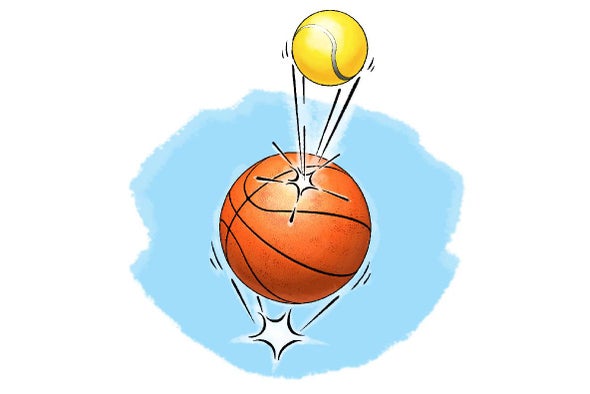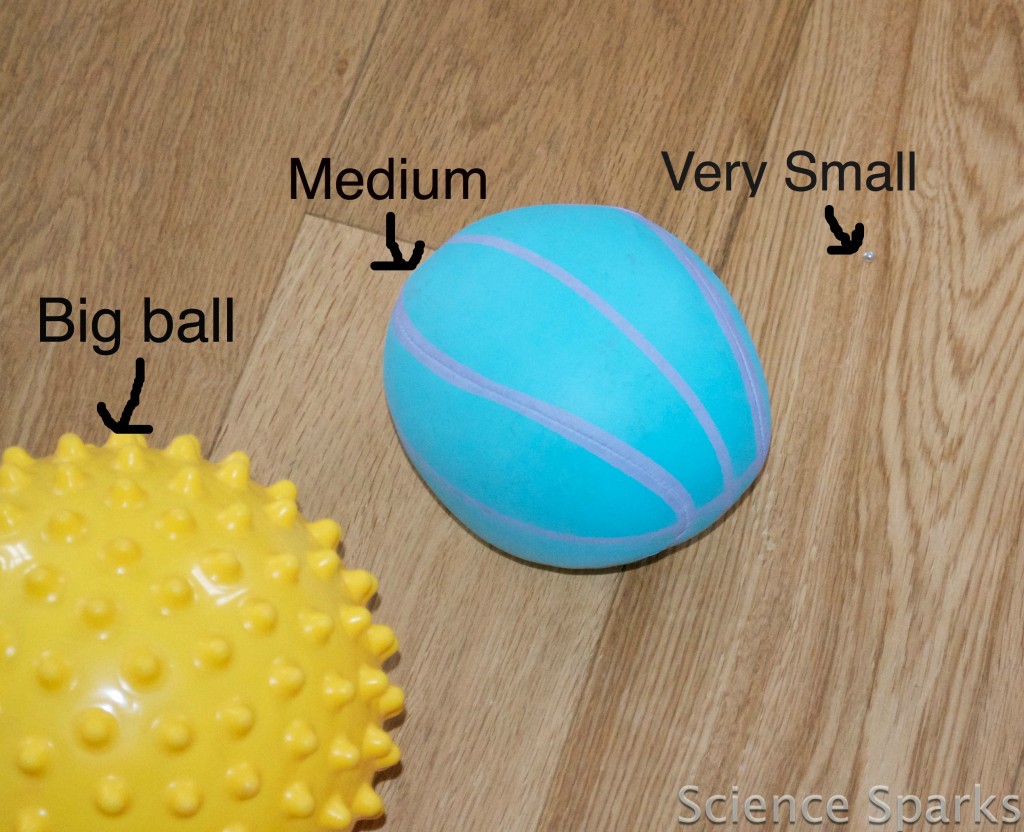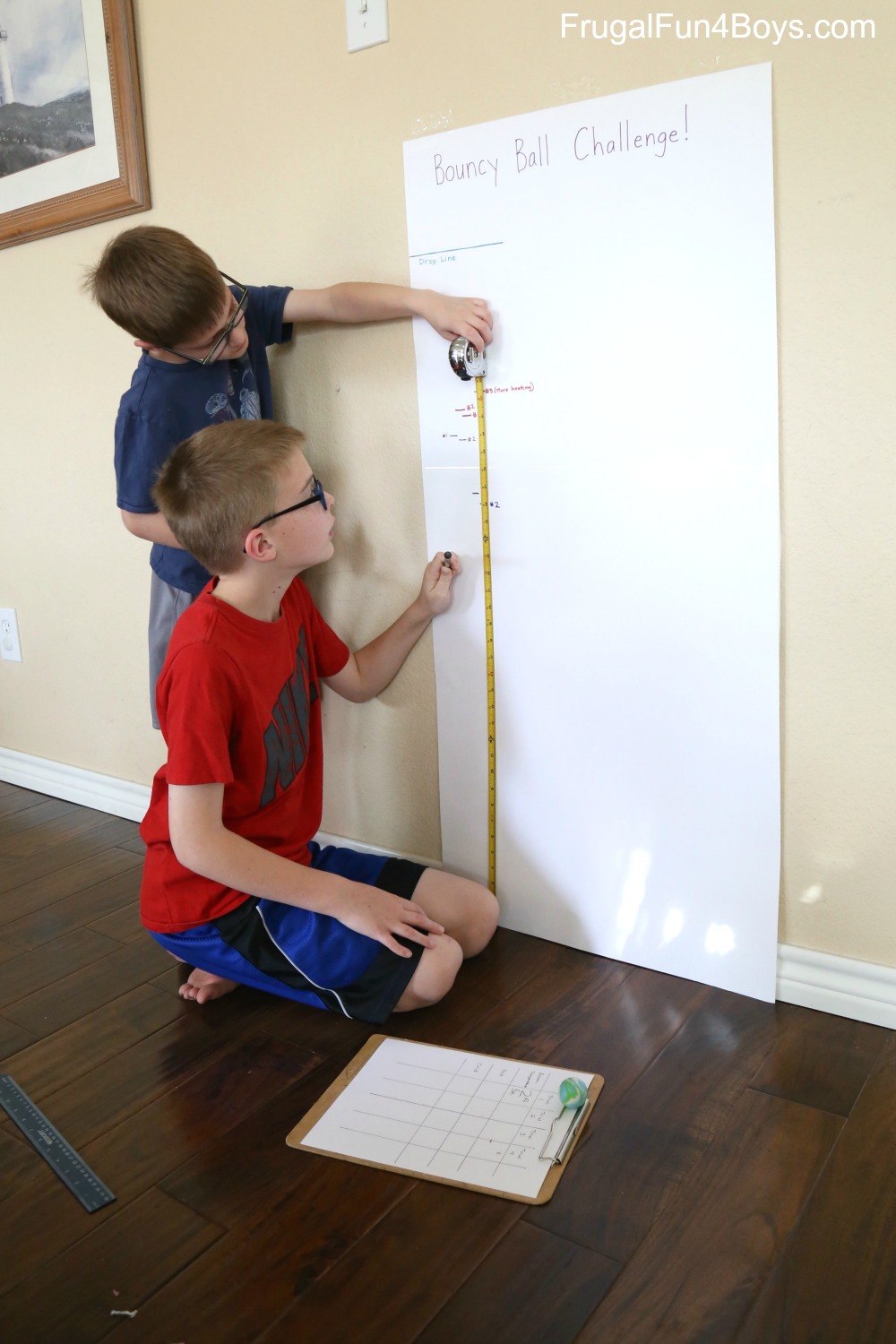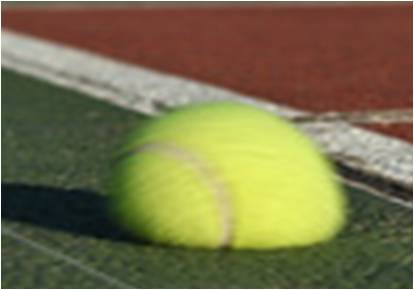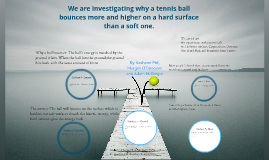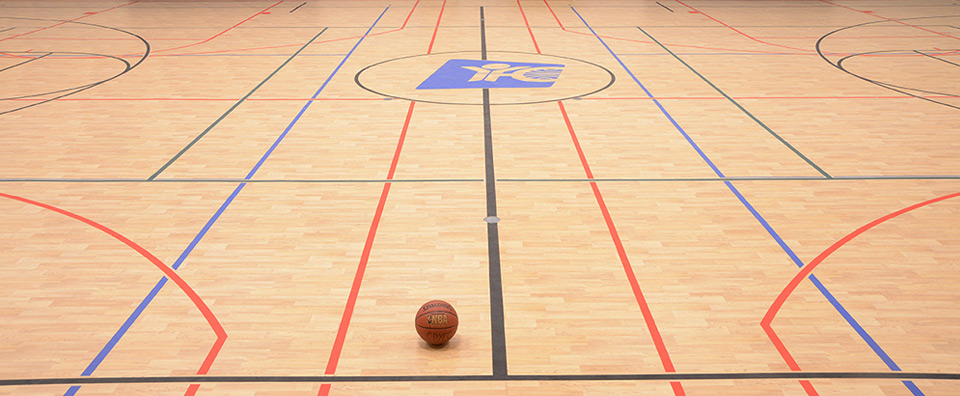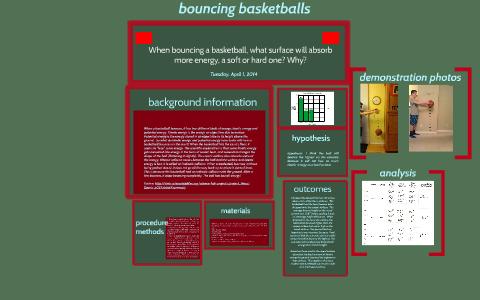The sad thing is the floor could have been designed to meet a stronger standard the 1 in 480 deflection standard.
Difference between ball bouncing on floor vs carper.
Each have decided advantages and disadvantages that may or may not fit your lifestyle.
Such floors are considered the best kind for dance and indoor sports and physical education.
Competition basketball gymnasiums may benefit from an anchored resilient subfloor as this system group typically produces consistent and uniform ball bounce.
More to explore physics of.
A sprung floor is a floor that absorbs shocks giving it a softer feel.
Because anchored resilient systems are fastened to the concrete the possibility of dead spots forming is greatly minimized as the playing surface is more likely to remain even.
The main differences between the ball multi floor 2 and ball animal 2 involve suction power size cleaning capacity and accessories.
You can sometimes achieve the tougher standard by decreasing the spacing between floor joists.
The ball animal 2 is the current flagship dyson while the ball multi floor 2 is marketed as a less expensive more compact alternative that gets you most of what the animal 2 offers but not quite all of it.
This simply means the floor joists needed to be the next size up or even taller for the given span you have.
Here we will examine the pros and cons of floating floors vs non floating floors and the options to consider to help make your decision making just a little less complicated.
Since some of the ball s energy went into the carpet the ball doesn t have as much energy afterwards and it can t bounce as high.
Modern sprung floors are supported by foam backing or rubber feet while traditional floors provide their spring through bending woven wooden battens.
Floating nail down and glue down.
Previous generation of players competed indoors on wood tile or tartan surfaces and outdoors on either concrete or asphalt but new synthetic surfaces and sports court technologies have created a whole new range of choices.
Technological advances have multiplied the flooring options for basketball.
For example depending on the type of basketball and surface you may have seen the ball bounce about 15 inches high on carpet and about 25 inches high on concrete.
Deciding between tile and carpet requires careful planning and thought.
Price comparison of tile vs.


